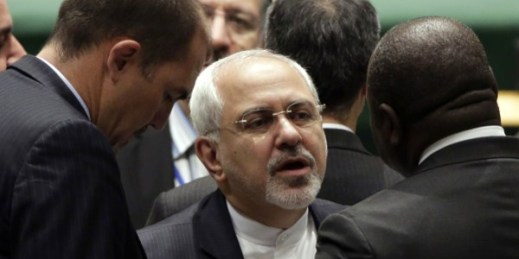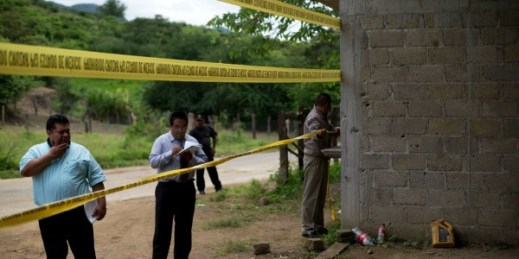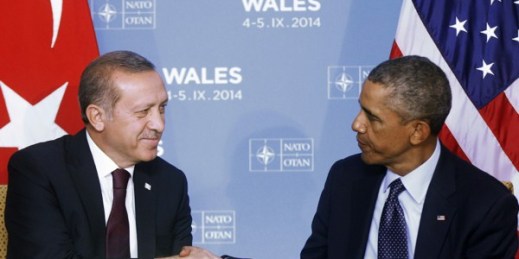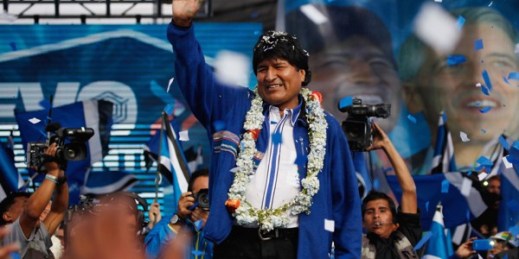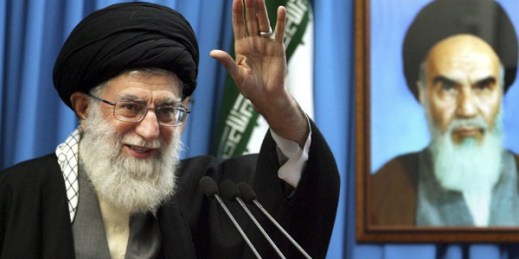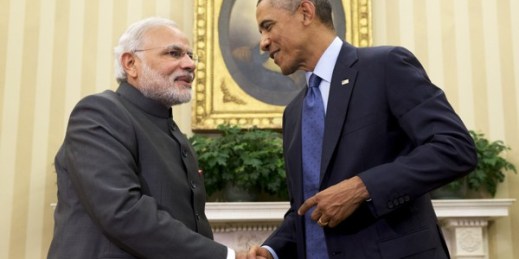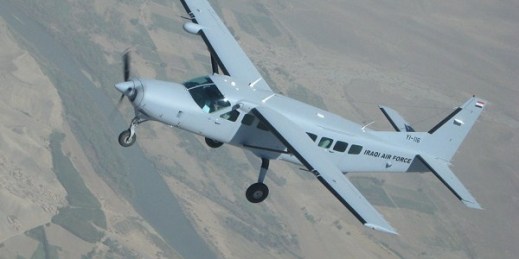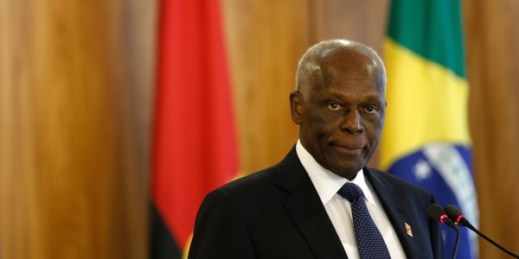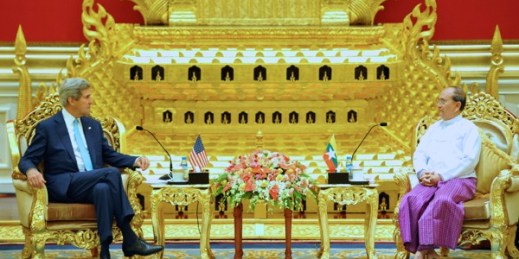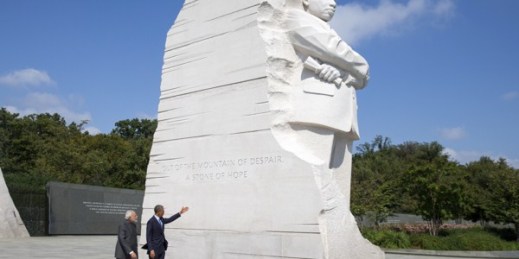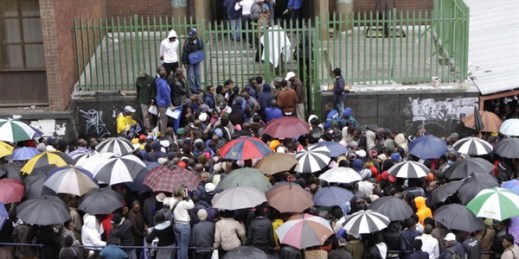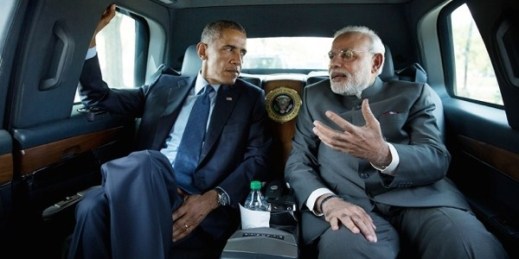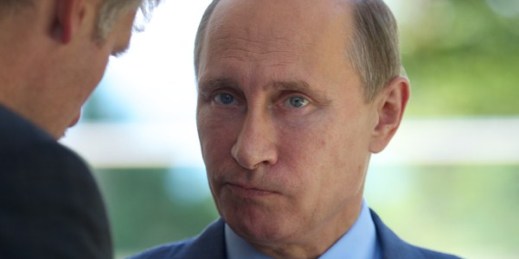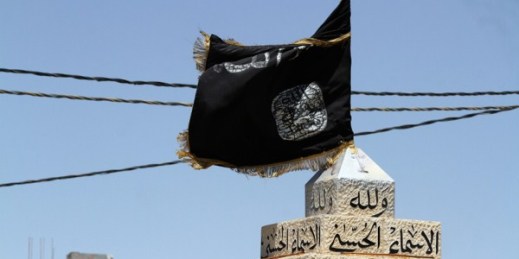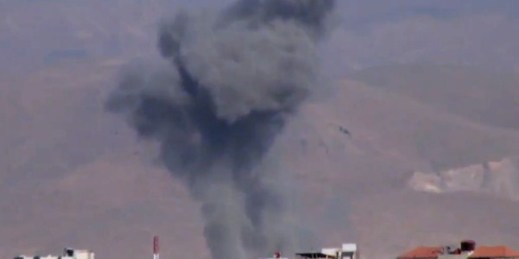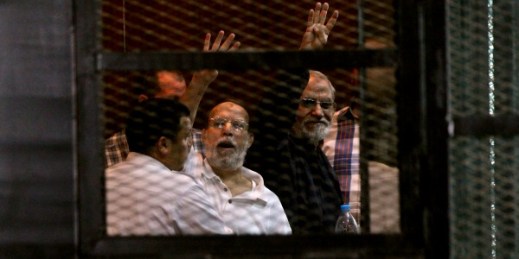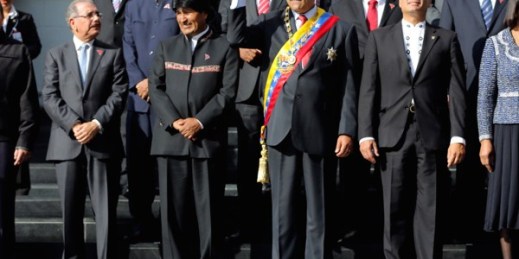
Editor’s Note: This is the second of a two-part briefing on Bolivia’s presidential election. Part I looked at domestic issues contributing to President Evo Morales’ success. Part II examines the regional significance of the Morales model of governance. When Bolivian President Evo Morales first won election in 2005, he quickly became one of the harshest critics of U.S. hemispheric policy. His brand of anti-American rhetoric fit in naturally with that of then-Venezuelan President Hugo Chavez, so it was not surprising that under Morales, Bolivia became a member of the Bolivarian Alternative for the Americas (ALBA), the coalition of leftist governments […]

